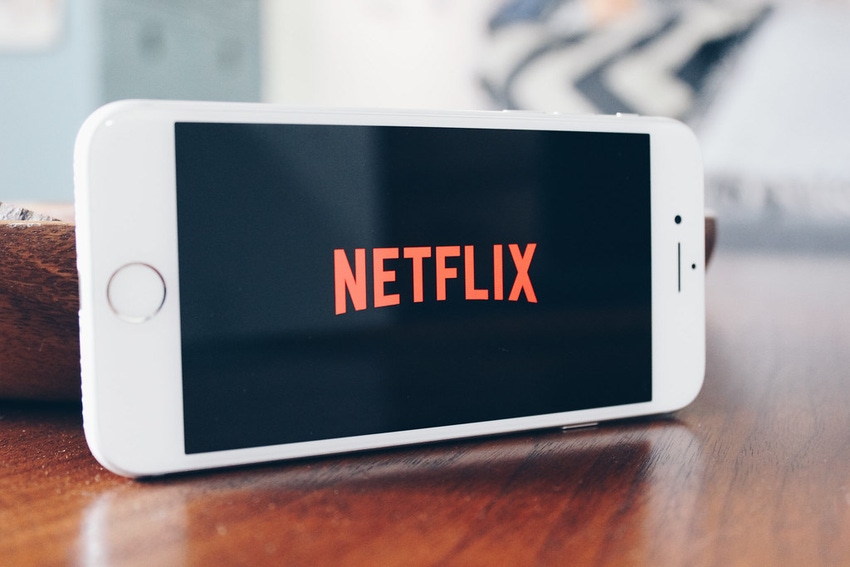Greg Peters, co-CEO Of Netflix, used his keynote address at Mobile World Congress to ask telecoms operators to contribute to the costs associated with producing entertainment content.
March 2, 2023

Greg Peters, co-CEO Of Netflix, used his keynote address at Mobile World Congress to ask telecoms operators to contribute to the costs associated with producing entertainment content.
He was joking, of course. But his underlying message was a serious one. He believes the European Commission’s proposal to make big Internet companies pay for the traffic they create over telecoms networks would hurt not only the content providers, but also consumers and the telcos themselves.
“Broadband customers…already pay for the networks through their subscription fees,” Peters said, in a speech broadcast by MWC. Should plans to bill content companies for traffic come to fruition that would mean “the ISPs are effectively charging twice for the same infrastructure,” he said, adding that there is no evidence that consumers would benefit from reduced broadband prices or better infrastructure in such a scenario.
“A tax like that would have a significant adverse effect. It would reduce investment in content, which hurts local creative communities, it hurts the attractiveness of high-price broadband packages, and ultimately it hurts consumers,” he said.
Several of those points were made pretty strongly by the Dutch government earlier this week, which did not mince its words when sharing its own opposition to Brussels’ plans.
The European Commission opened its consultation into the future of networks across the bloc last week. Its goal is to address two big questions: what infrastructure Europe needs to spend money on in order to lead the digital transformation, and how those investments should take place. Naturally though, all the industry’s attention has been on one element of it: the proposal to make big tech firms pay for carriage to help telcos fund network investments.
It’s not a new idea. Indeed, Peters reminisced about having that same conversation with Netflix’s European partners – a term he used repeatedly during his address, incidentally – and regulators a decade ago. In those 10 years, Internet traffic has grown by around 30% per year, he admitted, but noted that that figure is pretty much exactly what was predicted, and has been managed by ISPs who have all the while keeping their costs flat and stable.
“Increased usage requires investment,” Peters reminded the audience. But he was not just referring to his telco partners. Far from it.
“Netflix has invested over US$60 billion in content over the last five years,” which is equal to 50% of revenues, Peters said. And that’s in addition to investments in production infrastructure and technology innovations, such as its worldwide cloud-based remote editing system. Amongst other things, Peters also talked up the company’s $100 million creative equity fund, and a planned €1.5 billion spend on European cultural levies and investment obligations over the next three years.
“[Netflix’s investments] also extend to the underlying networks,” he added, pointing to the fact the firm has spent over $1 billion on a content delivery network that it offers to ISPs for free, providing greater efficiency for them and a higher quality service for consumers, and investments in ecoding technology to reduce file sizes and optimise bandwidth usage.
It is clear then that Peters firmly believes Netflix is already paying its way. But just to further cement his position, he indicated that the firm is not necessarily in a better financial position than its telco and ISP partners.
“Netflix’s operating margins are significantly lower than either BT or Deutsche Telekom,” he said.
That being the case, you could argue that “network operators should pay entertainment companies to help with the cost of our content,” Peters suggested.
“But we are not asking for that. A much better approach is for entertainment companies and operators to focus on what we both do best,” he said, and thereby create “a rising tide that will lift all boats.”
Get the latest news straight to your inbox. Register for the Telecoms.com newsletter here.
About the Author(s)
You May Also Like








.png?width=300&auto=webp&quality=80&disable=upscale)


_1.jpg?width=300&auto=webp&quality=80&disable=upscale)


.png?width=800&auto=webp&quality=80&disable=upscale)